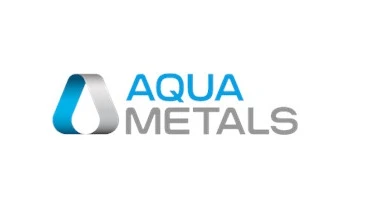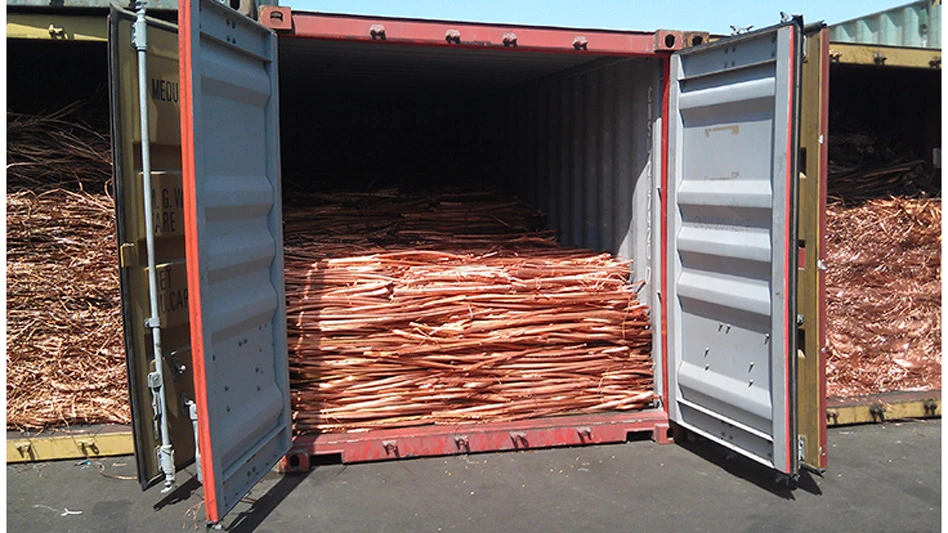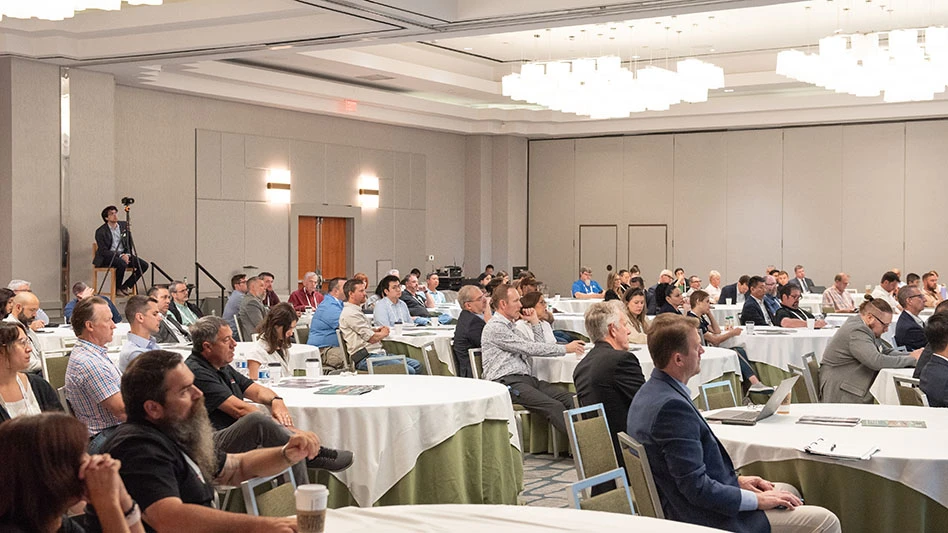The Chinese government has reacted to widespread concerns over perceived shipments of sub-standard secondary commodities by imposing new inspection techniques that will soon greet all shipments of imported scrap materials.
The Chinese government has mandated that all shipments of recyclables, including recovered fiber, will be inspected and approved by an inspection agency starting this fall. The measure is expected to cut down on the possibility of poor quality shipments from North America, Europe and other parts of Asia making it to mill locations in China.
Even though some uncertainty remains about the deadline, the Chinese government, through its General Administration of Quality Supervision, Inspection and Quarantine (AQSIQ), is putting a system in place that will require scrap exporters to receive and maintain an AQSIQ certificate.
AQSIQ ORIGINS. What is the AQSIQ, and where did it come from? As China has grown to become a major end market for many raw materials, including recovered fiber, a host of concerns has arisen that unscrupulous companies have been shipping material that has been deemed as much waste (or even hazardous) as recyclable.
The mainstream press has jumped on this controversy with a host of documentaries and news highlighting dangerous materials that have been shipped to various Chinese ports.
In an attempt to combat these problems, the Chinese government has implemented a more rigid set of standards and policies, which it hopes will sharply curtail the importation of this unwanted material.
The policy is slated to go into effect Nov. 1, 2004. While a fair amount of politicking has been going on, several sources contacted seem to feel that the date will hold. While November is the month when companies need to have a registration number to ship, the initial registration submission was supposed to have been postmarked by July 20, 2004.
Several questions have arisen over this new policy. One area that has generated some uncertainty is when the AQSIQ will offer applications for its next round of registration. At the present time there has not been any indication whether the AQSIQ will be accepting applications at all next year.
Although there is a fair amount of uncertainty over what exactly this will mean, several sources say that initially it is highly unlikely that they will see any problems in the short term.
According to notes from the Institute of Scrap Recycling Industries Inc. (ISRI), an industry association based in Washington, the initial registration period will last for three years.
David Lee, vice president of Ralison International, the purchasing arm for Lee & Man, one of the largest paper companies in China, says that most companies will receive the permit to ship to China. However, he cautions that once a company re-applies for a permit in a couple of years, the Chinese government will be able to look at the quality of the material that had been shipped and then to determine whether to re-authorize the new permit.
On the other side of the coin, there are some questions as to what the impact will be on the consumers of recovered fiber in China. With surging demand for recovered fiber, any potential restriction on the flow of material could make it even more difficult for some mills to obtain enough fiber to run their machines.
Lee also notes another wildcard is the European market. While at the present time Chinese mills can move between the United States, Europe and Asia to get the material they need, within the next couple years Europe will be a net importer of recovered fiber. This will result in Europe swinging from a supplier of fiber to China to a potential competitor against China for enough recovered fiber.
CLEANER STREAM. While concerns about quality of shipments to China have been growing for several years, what truly galvanized the country toward developing some type of inspection process was a shipment from Japan that was filled with non-recyclable plastics.
After finding this material, the Chinese government began calling for a tightened flow of material. At the same time some have speculated that a side benefit to seeking restrictions is that it can act as a way to cool down the Chinese economy, which was surging in a dangerously inflationary manner.
Lee adds that the move by the Chinese government through its AQSIQ policy is to force recyclers to clean up the material. For paper this is especially applicable to mixed paper, a grade that can be defined in a number of ways. While gaining in popularity, mixed paper has been one of the biggest problem grades for mills in China.
While in and of itself mixed paper often is a very loosely defined grade, adding to the overall problem have been changes within the municipal collection section. This sector, where a significant amount of mixed paper is generated and collected, has been identified as the area where a large number of the quality problems arise.
As a step to improve the collection of material through municipal programs, single-stream collection systems have gained popularity. While this method boosts the overall volume of the material collected, the result in some locales without the accompanying processing equipment and expertise has been a decline in the quality of the collected material.
One expert notes that when curbside programs were promoted with outreach programs, contamination and out-throw levels were usually very low. However, with budget cuts and less education being used, some of these very same programs have seen out-throws and contamination levels double or even triple. This creates even greater problems for many of the processors, who either end up spending more time and money to clean the material or can opt to use their traditional sorting procedures to ship material to its destination (often China.) that contains more contaminants.
New equipment has been developed to improve the quality of single-stream material, advocates say. From better screens to optical sorting systems, several of the companies operating MRFs have been investing sizable amounts of money to improve the quality of the material being sorted. However, as one recycler notes, not all companies have yet embraced this additional equipment, and the quality of the material at these plants can slide significantly.
|
Criteria Checklist |
|
T he following is a partial listing of the various steps that need to be taken and the criteria that have to be met to receive a registration number to ship recyclables 1. The enterprise operates legally in its country. 2. The enterprise has a permanent office or processing plant and the operation should be of "a considerable size." 3. The company is familiar with and has a good understanding of the requirements needed under the Chinese Environmental Protection Control Standards. 4. The applicant has a quality control system or an accredited certificate in management of environmental quality control or can provide relative accredited certificate or relative executive documents. 5. The applicant must have a relatively stable source of supply and has adopted environmental protection quality control measures with its suppliers. 6. The enterprise has no record of being involved in "serious" problems with its exported scrap materials regarding safety, hygiene and environmental protection quality issues for the last three years. |
QUALITY WEAPON. While the AQSIQ policy may go into effect as soon as November (although it could be moved back after publication of this article), an important aspect of the policy is not likely to be felt for several years. While most vendors concede that it is likely most everyone who applies for the license will receive one, once the licenses are granted it will then be easier to track the quality of shipments from exporters.
One exporter suggests that a company that does not have a sterling record in shipments to China could end up not being able to obtain a renewal of its license in the future.
Another exporter notes that a significant improvement in the quality of material being shipped to China may already be resulting from more careful inspection habits. Earlier this year, when China first announced its plan to cut down on the amount of non-recyclable or poor quality materials being shipped through its ports, the number of rejections soared.
Over the past several months, rejection levels seem to be declining, and it appears that more exporters are realizing that shipments will have to meet the expectations that are being established by Chinese buyers.
Two of the largest recycling-related trade associations, ISRI and the Bureau of International Recycling (BIR), Brussels, have both sent representatives to meet with officials from the Chinese government regarding the new inspection and registration rules.
The rapid response and concerns expressed by representatives of the two associations may have helped play a part in the Chinese government’s decision to push back the date when the export licenses needed to be in place.
As noted earlier, most recyclers are not worried about being denied their initial license to ship to China by the beginning of November, but they also acknowledge that they have not yet received their license numbers. "We haven’t gotten a rejection," one exporter notes with some degree of hope.
Even though the licenses may ultimately be obtained, several issues still occupy the minds of paper stock dealers who are exporting material. Many are worried about how the inspectors will treat loads of mixed paper. This grade has exploded as an export grade, though some recyclers and consumers claim that there has also been a degradation of the quality of the mixed grade sent by some shippers. Thus, many exporters feel this will be the grade that is most closely watched.
Conflicting signals on the quality of the paper being extracted from single-stream collection programs continue. While many recyclers note that the quality of the material has greatly improved, some are asking if the quality at the present time is good enough to consistently pass inspection.
Scott Horne, counsel and managing director of government relations for ISRI, notes that Chinese buyers "don’t want to receive any trash."
While many people have heard about the AQSIQ policies, the reality is that only the company doing the actual exporting needs to have the registration number to ship to China. "The entity that directly contracts with the Chinese [importing] company needs to have the registration, not the company that may load or process the material," Horne comments.
Horne notes that despite some initial concern about the fairly quick nature of the policies, most affected companies seem to have gotten the information and are confident that they will meet the Nov. 1 deadline. "Judging by the number of calls we are receiving, our members have been getting the follow-up information they need."
The author is Internet Editor and Senior Editor of Recycling Today. He can be contacted at dsandoval@gie.net.

Explore the October 2004 Issue
Check out more from this issue and find your next story to read.
Latest from Recycling Today
- USTR announces phased measures designed to address China’s shipbuilding dominance
- APR, RecyClass release partnership progress report
- Clearpoint Recycling, Enviroo sign PET supply contract
- Invista expanding ISCC Plus certification program
- Redwood partnership targets recycling of medium-format batteries
- Enfinite forms Hazardous & Specialty Waste Management Council
- Combined DRS, EPR legislation introduced in Rhode Island
- Eureka Recycling starts up newly upgraded MRF





